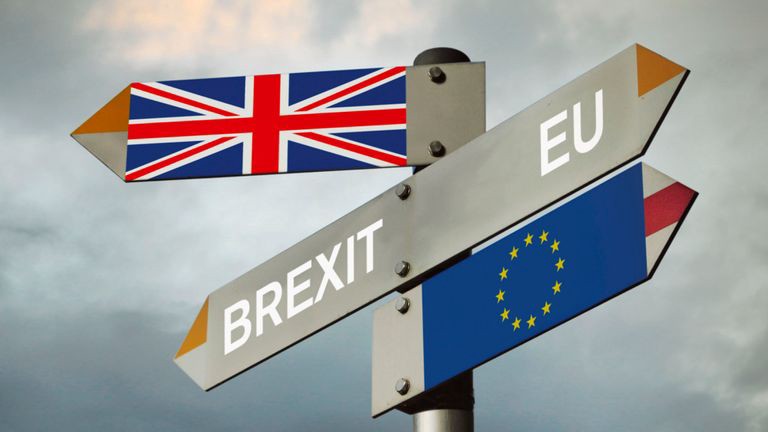After months of twist and turn over Brexit, the United Kingdom eventually left the European Union, a political and economic organization of European nations, on 31st January 2020. However, despite the finalization of exit, a lot of things are left undealt and negotiation required to complete it. One of the important aspects of exit is the agreement of both sides on the development of a new free trade agreement. This much-awaited negotiation will have a huge impact on the British economy as well as the global market.
According to a study by the UN Conference on Trade, Investment and Development (UNCTAD) estimate the United Kingdom may lose $32 Billion after the no-deal Brexit. This Geneva-based research agency found Britain could lose up to 14 percent of its exports after the anticipated “no-deal” Brexit. The whooping $32 Billion is assessed considering the role of non-traffic measures without having a proper negotiation on agreements between the UK and EU. The UK is currently following the EU’s rules and its existing trading relationship for these 11 months of the transition period.
No-Deal Brexit and UK Economy

The no-deal Brexit is a scenario where the UK would leave the European Union without going through the transition period and agreement post-Brexit. It will leave the entire European Union Market overnight bypassing the custom arrangement drafted to help the transition between members of the European Union. Along with free trade and export, Europol, European Court of Justice and other EU governing bodies would terminate immediately.
UNCTAD further estimates a loss of 9 percent of the UK trade despite a standard free trade agreement that was signed between both parties. The European Union is a significant market for Britain, and it accounts for around 46% of the UK’s overall trade. The exit of the UK without a following the proper agreement on trade or no-deal Brexit would create a significant financial burden on the UK. Furthermore, this regulation includes products from daily use to cars and other such products. The NTMs results in increased tariff on most of the product and impact the British economy adversely, the study notes.
The removal of Britain from NTM after no-deal Brexit would give opportunities to the developing and smaller countries. The creation of a barrier in trade between the EU and the UK invites other countries to as a third party supplier. The study concludes that the UK should avoid taking a ‘Hard’ and instead both parties should address trade bloc, custom unions and comprehensive analysis of free trade agreements to eliminate or minimizing the negative impacts on the British Economy.

